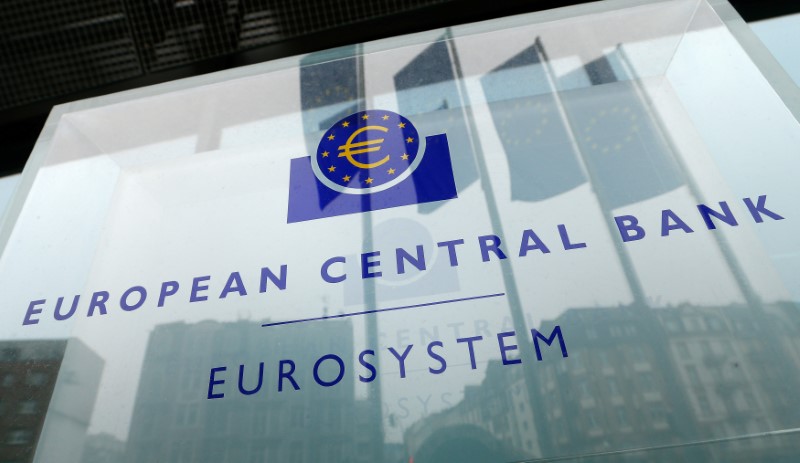This post was originally published on this site

They’re concerned of a potential knock-on effect on the central bank’s latest stimulus to counter the coronavirus — the Pandemic Emergency Purchase Program — that has served as a backstop to the euro zone’s most fragile bond markets in recent weeks.
Italy’s debt and the euro were jolted lower Tuesday by the German constitutional court giving the ECB three months to show how its first quantitative-easing program is in line with the law. It comes down to what constitutes “monetary financing,” effectively the subsidizing of government spending by central banks.
While the original public sector QE program has strict limits to avoid that, such as how much of each nation’s debt it buys, most of those do not apply to the emergency buying under the so-called PEPP. The ECB, which is considering how to respond to the court, may now have to be more careful how it buys debt.
“In their assessment the 33% bond issue limit, capital key and minimum credit ratings are all important to avoid monetary financing,” said Patrick O’Donnell, a money manager at Aberdeen Standard Investments. “The problem is that these have all been relaxed for PEPP and the market is demanding a significant upscaling of it.”
Still, any legal challenge to the current program could be a while coming, and potentially drag on until after the coronavirus pandemic has come to a close. The case against the original QE program has already been ongoing for around five years.
Aberdeen Standard’s O’Donnell is not taking any chances, with an underweight position on bonds from France, Italy and Spain — namely the European nations that have a heavy reliance on the ECB’s asset-purchase programs. All three economies are threatening to contract by as much as 10% this year, blowing out fiscal deficits and requiring more borrowing in international debt markets.
While the ECB’s 750-billion-euro ($813 billion) pandemic program is set to snap up a lot of that, analysts at Citigroup Inc (NYSE:C). expect it to run out by mid-October at the current pace. They estimate it bought nearly 40 billion euros of Italian bonds in April alone.
“Market hopes about ever larger PEPP increases or capital key deviations could at least face some resistance,” said Christoph Rieger, head of fixed-rate strategy at Commerzbank AG (OTC:CRZBY).
ECB Surveillance
For UBS, it could begin to affect the ECB’s buying strategy now. Any purchases above the so-called capital key, which weights buying according to the size of a country’s economy and population, will likely have been done in shorter-dated bonds. The decision by the German court may mean support for that segment of the market dries up, it says.
Italy’s two-year bonds took the biggest hit from the court ruling, with yields rising much as 20 basis points Tuesday.
“This implicitly means ‘watch out for those limits,”’ said Jaime Costero, a rates strategist at UBS. “It delivered a clear message: do not be so soft, we are watching out you do not deviate from the capital key.”
©2020 Bloomberg L.P.

